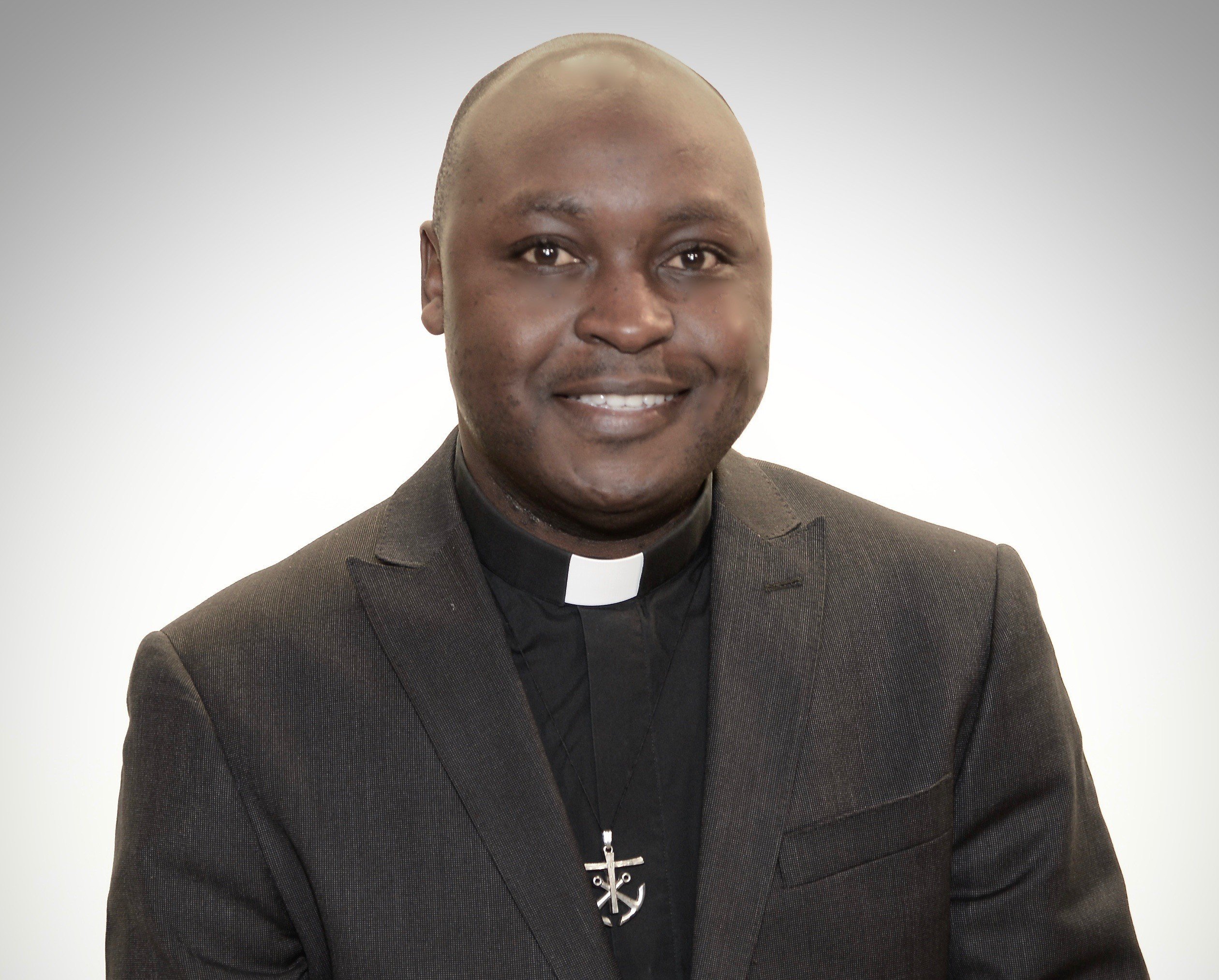
If Your Brother Sins Against You - Weekday Homily Video
Our reflection focuses on the theme of reconciliation. Our Lord Jesus Christ gives us important principles to pay attention to when our relationships with others get damaged. The gospel has never been easy to live out, and the Lord’s teaching on reconciliation is one such teaching.
Broken relationships can happen on an interpersonal level, a familial level, community level, national level, or even on an international level. Broken relationships can leave wounds on individuals, families, communities, or entire nations for years. Damaged relationships have been the subject of books, movies, and television programs throughout human history. They capture the imagination of audiences because blood and flesh are involved, and relatable human experiences are at the center of such stories.
God's 3-Step Reconciliation Plan
- The Lord teaches us in Matthew’s gospel that if we feel wronged, the first step is to compose ourselves, pray for grace, gather courage, reach out to the other person, and clearly state what our hurt looks like. Brooding over our hurts, writing letters to the other party, or reporting to police have their rightful place, but they should not be the first line of approach. The likelihood of such an approach making the situation worse is high. For example, the lack of nuance in a letter or a text message, or a misinterpretation of the tone in one’s letter, can exacerbate a situation, and we have seen such situations in life. Going to the police, the courts, or hiring a lawyer may put a stop to what is happening, but healing an injured relationship takes more than that.
The Lord tells us that when injury in a relationship occurs, the first approach to managing such a situation is face-to-face if it is possible. There were times in the past when spouses, neighbors, or co-workers could sit down and have a difficult conversation, but nowadays people send each other text messages, or long emails, avoid each other, or simply cancel out the other party. We need to carefully reconsider the contemporary approaches we have come to idealize. - The Lord adds that, if the one-on-one approach fails, find a respected, kind, gracious, and wise person to get involved in what is going on. The involvement of a third party is not meant to get a witness or reinforcement for your side; rather, it is meant to include a wise person who can provide a good and enabling atmosphere for polite conversation to happen. When injuries happen, our perception of the other gets clouded; we no longer see each other the same way. We need a different set of eyes or a disinterested party to help us make good judgments and also provide advice.
- The third approach is involving the faith community. The purpose of turning to the faith community is really to avoid the use of secular laws that are driven by a pursuit for punishment and a desire to get even with those who have wronged us. The assumption is that the faith community is driven by prayer, by love, by goodwill, and by a desire to heal and to redeem, not merely a desire to punish the other party. The pursuit of justice as narrowly defined in our contemporary times is good and has its place, but healing relationships is an even higher achievement in the Christian worldview.
May we pray for the healing of damaged friendships, wounded family relationships, or broken community relationships. May the Lord give us the grace we need to trust His word, and to give it a chance in our lives.
- Father Fred's inspirational homily was recorded live during Mass at the Father Peyton Center this morning. Please view the video on our Facebook page. (You don't need a Facebook account to view.)
- To view Rosary prayer and Mass streaming live, please visit our Facebook page at 11:30 am Eastern, Monday – Friday. Please invite your loved ones to join us too! (You don't need a Facebook account to view.)
About Father Fred Jenga, C.S.C.
Father Fred Jenga, C.S.C. is the President of Holy Cross Family Ministries. Father Fred, a native of Uganda, has multiple degrees including theology, philosophy, and communications. His native language is Lusoga and he speaks English, Luganda, Kiswahili, and Rutooro. He has been a teacher, researcher, author and family minister. Father Fred is committed to helping build God’s masterpiece one family at a time.

